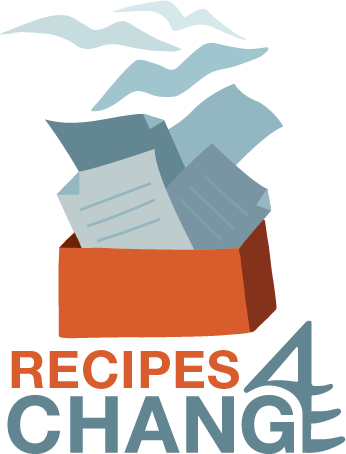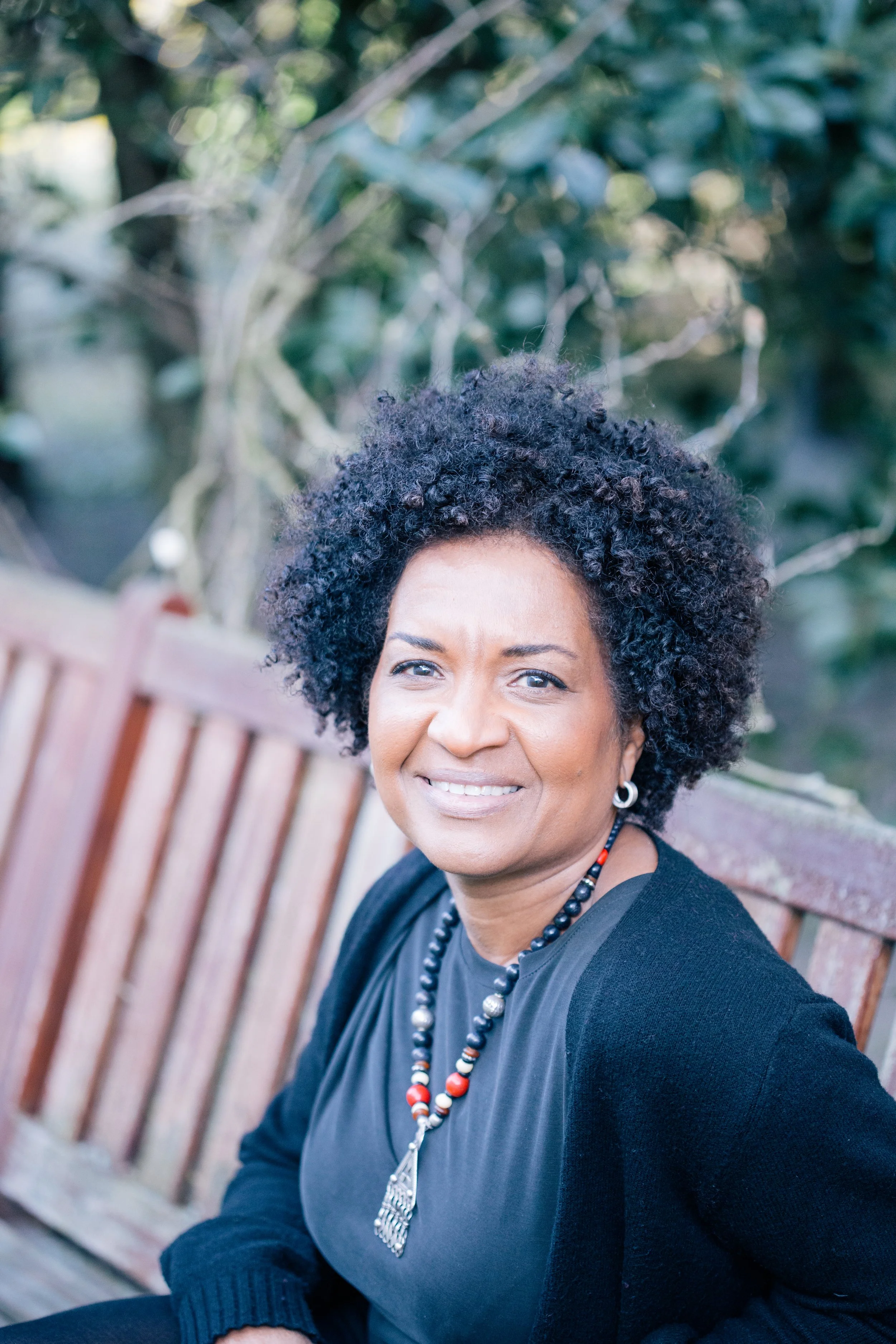Let's Bust The Myth
Let’s bust the myth.
Being a coach, counsellor or therapist does not mean:
That you have all the answers.
That you can fix anything or anyone.
That your life is perfect and always together.
That you don’t experience bad days.
That you never doubt yourself or feel anxious or afraid.
We are human after all. We are not perfect nor in possession of magical powers.
Let me demonstrate this through sharing a personal story. I am living up to the Arabic meaning of my name after all, the female storyteller.
All the work I did in relation to mental and emotional well-being, provided me with insights into my childhood experiences and how they led me to have certain behavioural patterns as a result of those experiences. This is also often the case with most of us. The circumstances surrounding our childhood shape who we are as adults. The coping behavioural patterns we develop as a result were helpful then as children, however prove to be ineffective strategies when we are adults. One of the things I became aware of are the issues surrounding abandonment, feeling unloved and unaccepted as I am. It drove me to try hard to people please, to adopt a perfectionist attitude and to suppress my authentic emotions. Gaining that self-awareness was transformational on a personal as well as a professional level.
I quit working as a pharmacist after many years in the profession and retrained to become a coach and a counsellor.
In my existing professional role I do experience periods where I am busy with clients, inspired to write blogs and social media posts, interacting with other professionals in the field, and attending webinars and workshops as a form of continuing learning and education.
And there are also the periods when I am less busy, have fewer or no clients, feel uninspired, experience fewer interactions and sit in a kind of stagnation.
I noticed that those quieter periods make me feel uncomfortable, and I observed that I seem to fall back onto the old out-dated childhood strategies of trying too hard to be and do what I feel is expected of me, in order to escape this discomfort. This was mostly evident to me during the COVID lockdown years when the world felt like it came to a standstill.
“How interesting”, I thought to myself, on noticing my discomfort. “I wonder what is happening here?” I questioned myself.
So I decided to consciously take a different approach during those quiet periods. Instead of getting busy ‘doing’ I chose ‘being’, to instead sit quietly with that discomfort and discover its source. I remembered Dr Susan David’s famous quote, which I love,
“Discomfort is the price of admission to a meaningful life.”
- Susan David, psychologist, speaker and author.
It’s not surprising that I did gain some meaningful information through withstanding this discomfort. I discovered that the source of this discomfort was connected to my past abandonment issues and feeling unloved and unaccepted. The discomfort I experienced in those quiet periods was due to me connecting to my Inner Child’s old fear of being abandoned, forgotten and left behind.
That insightful moment was so helpful and healing. It meant that nowadays when I do experience quieter and less productive periods in my profession, I do not feel that uncomfortable anxiety anymore. I let myself be and trust the process. I embrace this time of quiet and enjoy the valuable reflections it brings me that ultimately are so helpful in the work I do with clients. I see them as periods of enrichment.
Being coaches, counsellors and therapists simply means that we have the knowledge about psychological models, and having experienced them during our own therapeutic and supervision sessions, we know their value in assisting others, as well as ourselves, to resolve emotional and mental issues. We know how to implement them to support others without judgement and with much empathy and compassion.
The solution to ease our suffering lies within us. In the same way I was able to support myself in easing my discomfort I support my clients in finding the answers within them to ease their own discomforts.
I am curious what other professionals in this field think?
Please share in the comments.

